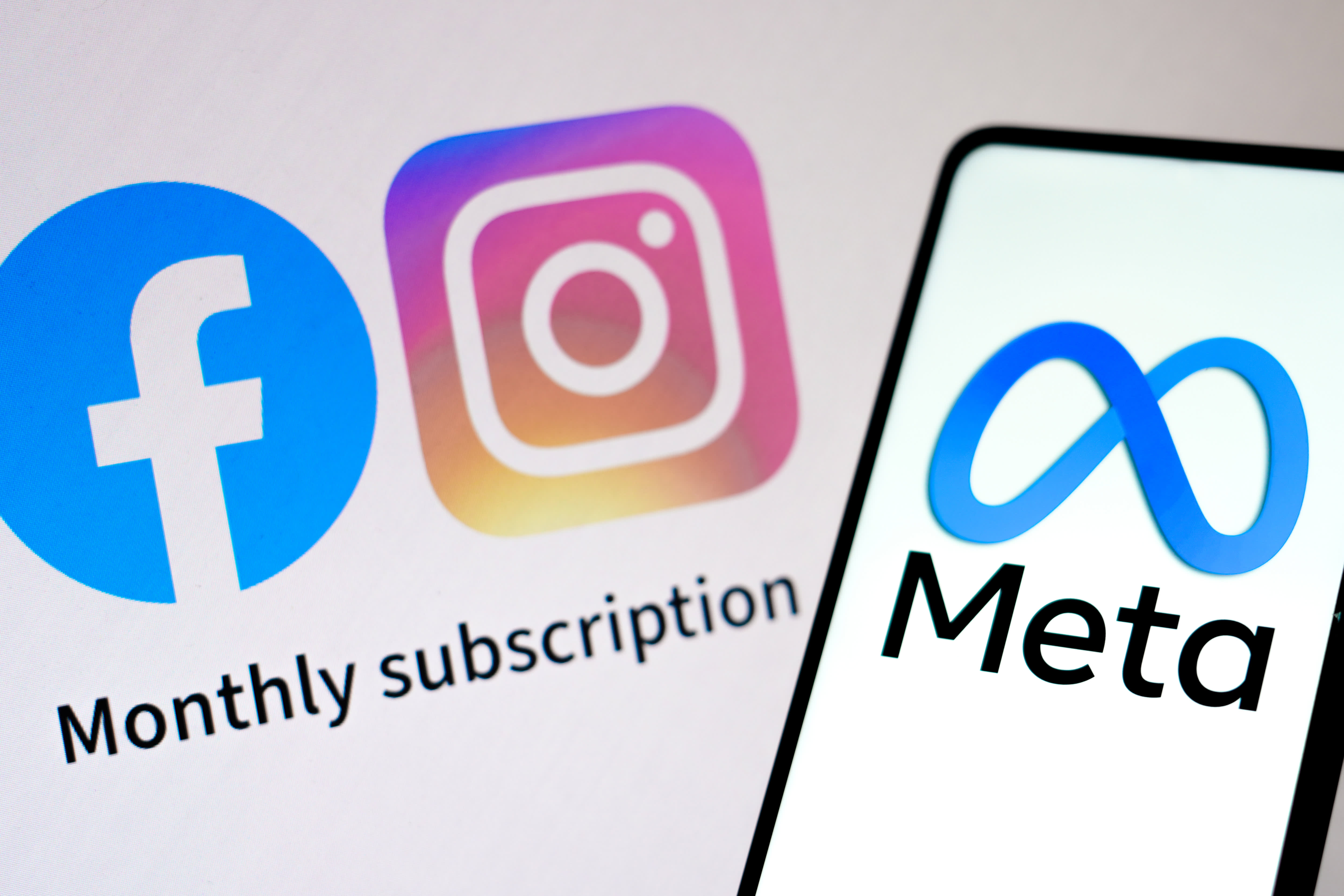[ad_1]
Fashions featured on Eloquii
Source: Eloquii
Walmart is selling online apparel brand Eloquii to FullBeauty Brands, marking the retailer’s third divestiture of a direct-to-consumer brand this year.
The big-box retailer sold Bonobos to WHP Global and Express earlier this month and offloaded Moosejaw to Dick’s Sporting Goods in February. The sales are a reversal of a 2017-18 strategy led by Marc Lore, Walmart’s former head of e-commerce.
related investing news


The retailer bought Eloquii in 2018 for a reported $100 million, one of numerous digital apparel brands with niche and loyal consumer bases. The goal was to build out the retailer’s online assortment with higher-margin apparel and home merchandise. The acquisitions would also bring in talent that could help Walmart accelerate its digital strategy.
“Eloquii joined Walmart’s portfolio of digitally native vertical brands to expand our Women’s assortment in sizes 14+, and offer unique and differentiated product in an underserved but growing segment” Walmart spokesperson Jaeme Laczkowski said in a statement. “Since acquiring Eloquii, Walmart.com has grown to hundreds of millions of items, and we’ve decided it’s the right time to sell Eloquii.”
FullBeauty Brands is buying Eloquii for an undisclosed sum, retaining its co-founder and brand leader Julie Carnevale. Eloquii will join a portfolio of online plus-size apparel, shoes and swimwear brands under FullBeauty Brands, which has 5 million active customers.
“Eloquii is very data-driven, and has a great feedback loop into their business” FullBeauty Brands CEO Jim Fogarty told CNBC in an interview. “[Eloquii] is very fast to market, and we are looking to learn from that a little bit.”
Fogarty plans for Eloquii to be an anchor in what he calls FullBeauty Brands’ “digital mall.” The profitable FullBeauty Brands has annual revenue of $1 billion, a small slice of the $81 billion total addressable market for plus-size apparel. Fogarty hopes Eloquii will help it gain a foothold with more millennial and Gen Z consumers, what he called “the more TikTok, Instagram generation.”
After acquiring Eloquii, Walmart created a new brand of inclusive-sized apparel, which the retailer will continue to sell after the divestiture.
Walmart’s e-commerce goals have shifted, according to executives, from growing the number of available items to improving the financials of the digital business.
“We’re now in a phase that is less about scaling store pickup and delivery, eCommerce assortment, and eCommerce [fulfillment center] square footage, and more about execution and operating margin improvement” Walmart CEO Doug McMillon said at the company’s investor day earlier this month.
While Lore left Walmart in 2021 after five years, his contributions significantly transformed the retailer’s e-commerce business, including fulfillment operations, shopper delivery options and speed. His efforts boosted the number of products sold online from 70 million to “hundreds of millions” today.
Walmart’s online sales now make up 13% of total annual sales, as of its most recent fiscal year-end, up from 5% in 2019.
To be sure, there were also a number of Lore-led businesses that were not ultimately successful, including text message concierge service JetBlack and the eventual wind down of Lore-founded e-commerce company Jet.com, which Walmart bought for $3.3 billion and which brought Lore to the retailer.
In addition to Eloquii, Bonobos and Moosejaw, Walmart has unloaded Modcloth, Bare Necessities and ShoeBuy in recent years, all Lore-led acquisitions.
[ad_2]
Source link
